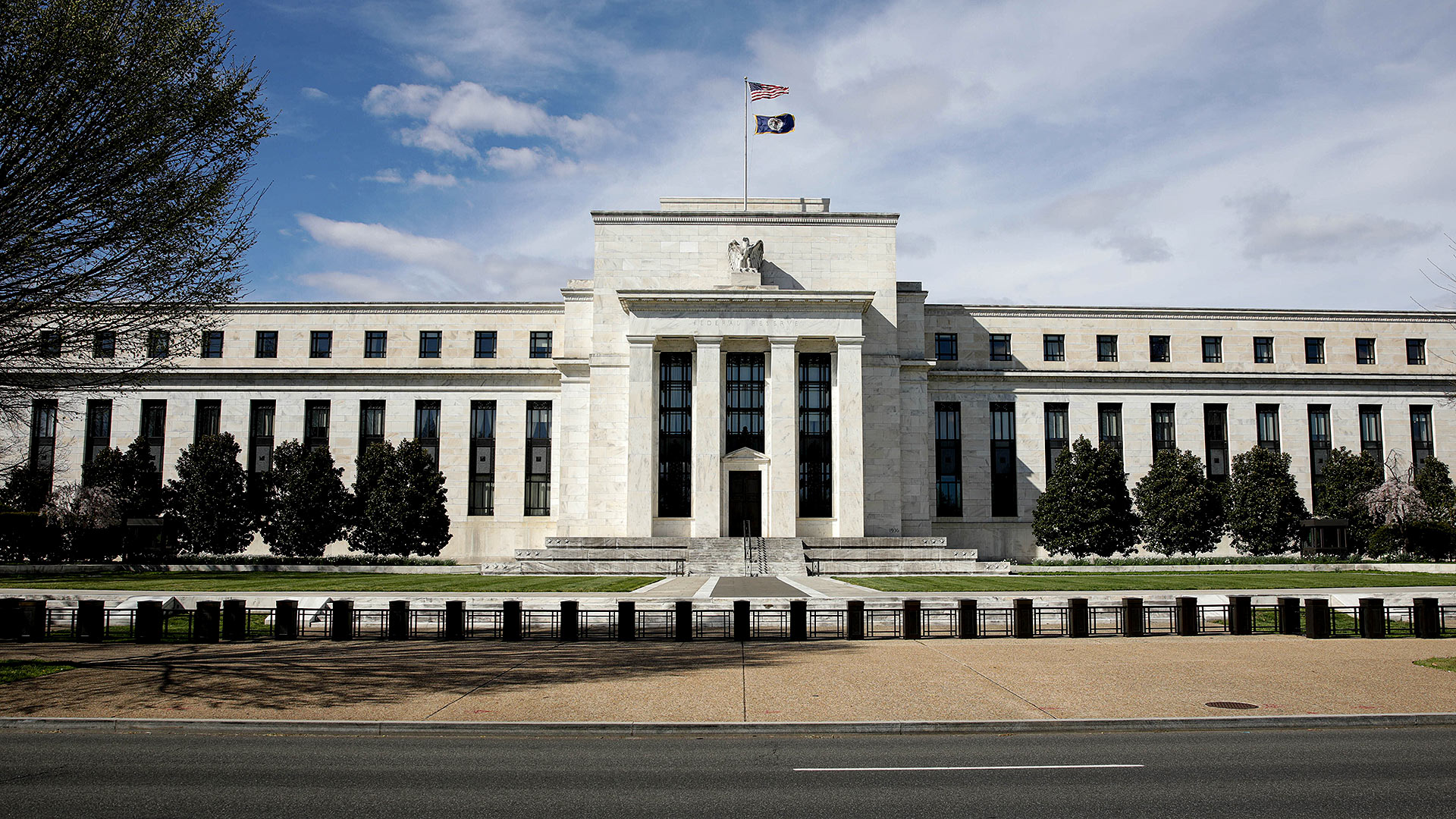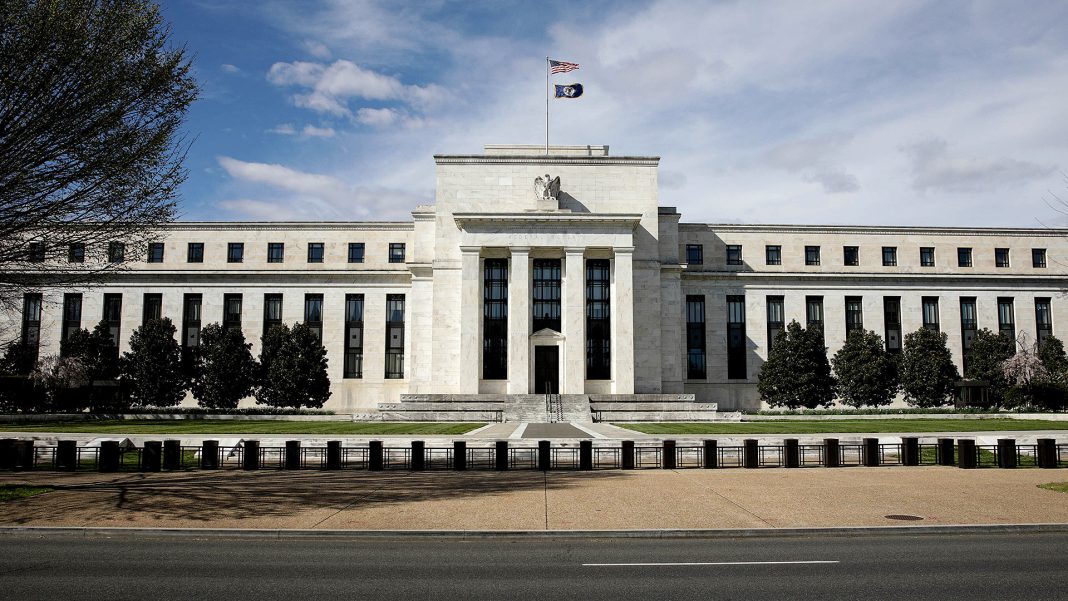 Former President Donald Trump has expressed his belief that he should have a say in the Federal Reserve’s policymaking decisions, particularly regarding interest rates. Trump, who has been critical of the central bank in the past, argues that his experience as a businessman gives him better instincts than those on the Federal Reserve. He has clashed with Fed Chair Jerome Powell on multiple occasions and has accused Powell of being “political.”
Former President Donald Trump has expressed his belief that he should have a say in the Federal Reserve’s policymaking decisions, particularly regarding interest rates. Trump, who has been critical of the central bank in the past, argues that his experience as a businessman gives him better instincts than those on the Federal Reserve. He has clashed with Fed Chair Jerome Powell on multiple occasions and has accused Powell of being “political.”
However, Powell and other officials have consistently emphasized the importance of the Fed’s independence from politics. Powell has stated that the Fed makes its own decisions without considering extraneous factors like politics, and that this arrangement serves the public well. He argues that independence is essential for the Fed to effectively serve the public and deliver better economic outcomes.
Despite this emphasis on independence, there have been discussions about the political nature of the Fed, particularly in today’s climate. Scott Bessent, the founder of Key Square Group, argues that the Fed is always political, and that Powell’s claims of non-political behavior are not convincing. Bessent suggests that if Powell truly wanted to be non-political, he would indicate the possibility of rate cuts after the election.
Political pressures have also been placed on the Fed this year, particularly from Democrat lawmakers. Following a weaker-than-expected jobs report in July, Senator Elizabeth Warren demanded immediate rate cuts from Powell. She argued that waiting too long risks harming the economy. Warren and other lawmakers have penned letters to Powell urging rate cuts, claiming that the Fed’s monetary policy is not helping to reduce inflation.
The futures market expects the Fed to cut rates at the September policy meeting, but there is uncertainty about the extent of the cut. Investors are split on whether it will be a quarter-point or half-point cut. The Federal Open Market Committee will hold its next meeting at the end of September.
In addition to political pressures, there are concerns about the Fed’s independence from within the institution itself. House Financial Services Committee Chairman Patrick McHenry warns that the Fed’s independence is at risk from internal threats. He cites the Basel III Endgame proposal as an example of the Fed’s regulatory and supervisory agenda becoming politicized. McHenry urges the Fed to reject outside political pressure and stay the course for the good of the American people and the economy.
Overall, the debate surrounding the independence of the Federal Reserve continues, with Trump and some lawmakers pushing for more influence and critics raising concerns about politicization. The future of the Fed’s independence and its ability to make decisions without political interference will be important factors in shaping the country’s economic policies.


